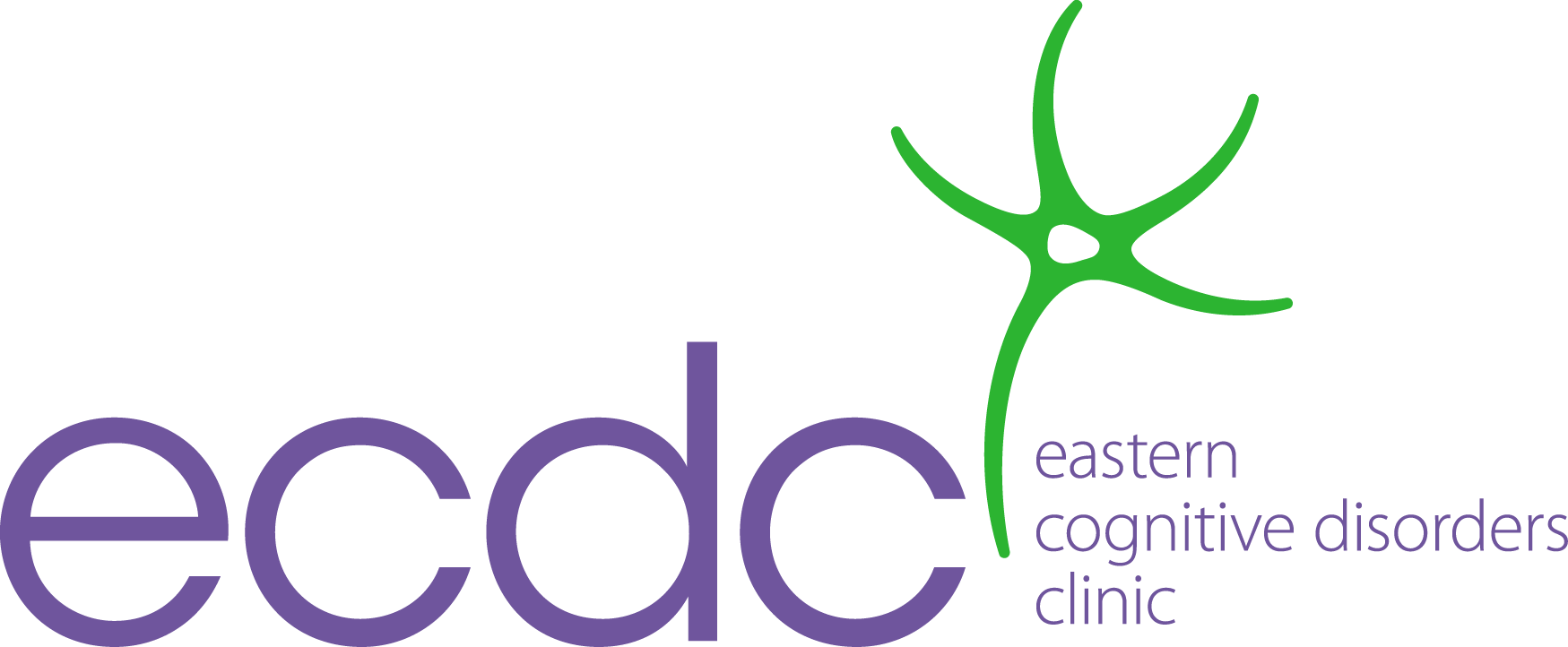Genetic FTD Trials
A number of exciting trials have become available for blood-relatives of people with FTD including those with known genetic mutations.
Calling all FTD families!
There are 2 studies in Australia looking at family members of people with FTD. One is an observational study, DINAD, where people related to a loved one with FTD and a strong family history are followed over time. The other is a drug study in people with a known genetic mutation in the granulin gene (GRN).
DNA contains genes important in FTD
DINAD
The DINAD study is led by Prof Glenda Halliday at the University of Sydney. Prof Brodtmann is leading the Melbourne arm of the study with her team at ECDC and the Florey. People with a blood-relative with FTD and a strong family history (e.g., 3 or more relatives in your extended family with a diagnosis of FTD or a related brain condition such as motor neuron disease, MND) are eligible.
You do not need to know the gene your relative had, and you will not be told of your genetic status while in the study, although this may be available to you at the study end. You will need to have brain scans and cognitive tests on 3 occasions over 3-5 years. Contact Dr Deena Ebaid Dr Deena Ebaid if you live in Victoria, or Shani Lauf Shani Lauf for Sydney and NSW participation.
Neuronal network image
AL001 for ASYMPTOMATIC carriers of the GRN mutation
In an Australian first, people who have a known GRN mutation will be offered participation in a study to delay or prevent FTD symptom onset. Some people have had a loved one with FTD who had genetic testing and were confirmed to have the GRN mutation. They may have gone on to have genetic counselling and had genetic testing themselves to discover that they carry this gene. It is these people who are eligible for this ground-breaking study.
Please note: people with FTD and a GRN mutation are eligible for the symptomatic study (see under FTD trials).


